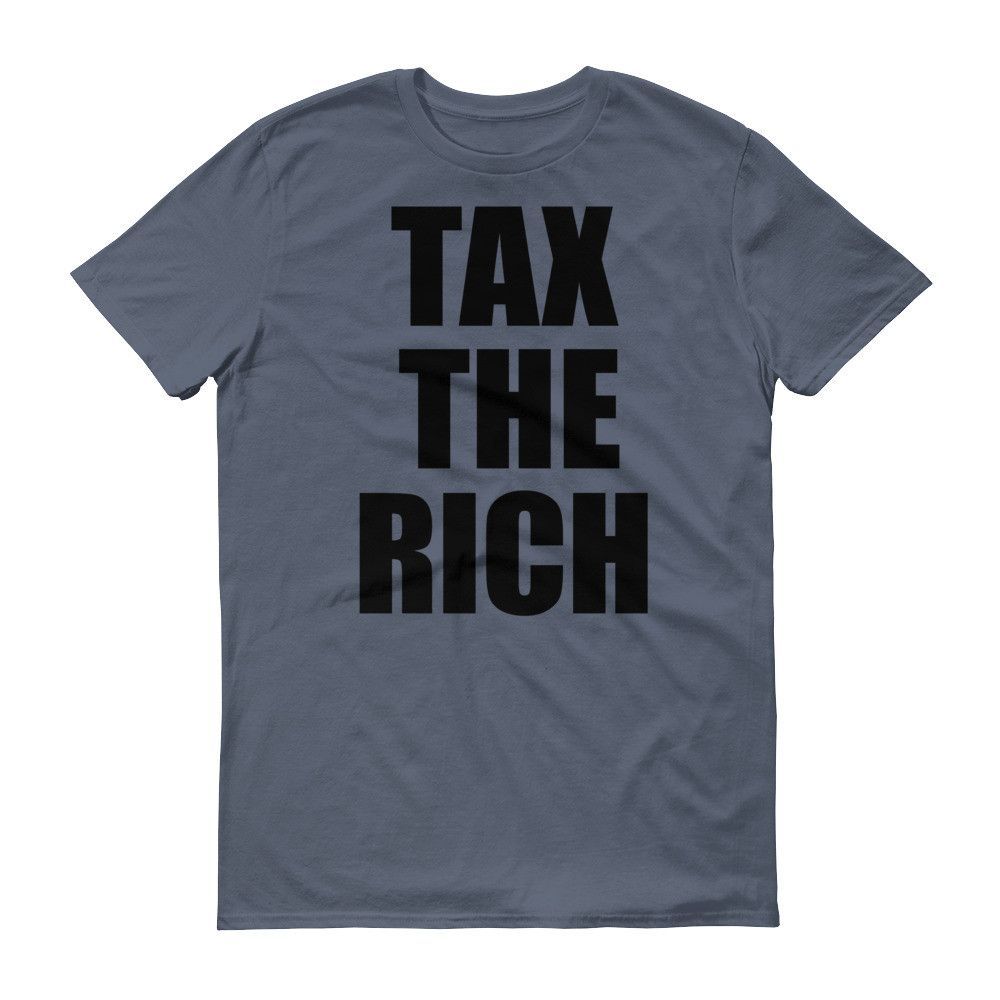
The negotiation of a U.S.-Kenya Free Trade Agreement has spurred interest by prospective U.S. investors, exporters, and importers. Alan Lederman of Gunster, Yoakley & Stewart, P.A. explains how the final GILTI, FDII, and BEAT regulations provide the U.S. tax framework for U.S. C corporate investors.
The U.S. and Kenya began negotiations in July 2020 on a comprehensive Free Trade Agreement (FTA). For Kenya, perhaps the largest possible advantage of a U.S. FTA is that such an FTA could provide more permanence in Kenya's ability to export to the U.S., duty-free, Kenyan apparel and other products. The U.S. is now Kenya's second largest export market, absorbing 9% of Kenya's exports. Most of Kenya's current exports to the U.S. are apparel.
Many things are taking place:
IRS Tax News Aug 10-14, 2020

Presented below is our summary of significant Internal Revenue Service (IRS) guidance and relevant tax matters for the week of August 10, 2020 – August 14, 2020.
August 12, 2020: The IRS published a memorandum that modifies Taxpayer Advocate Service (TAS) case acceptance criteria for cases involving Economic Impact Payments (EIPs).
August 12, 2020: The IRS announced changes to user fees relating to certain requests for letter rulings and determinations that will take effect on January 4, 2021. The increased user fees described in this announcement will be reflected in Rev. Proc. 2021-4, which will be published in Internal Revenue Bulletin 2021-1 on January 4, 2021.
'Time Stealing' Regulations for 'The Wealth Tax' - California Globe

Can you imagine having to do an inventory and net worth calculation every year? Let alone potentially being audited and having to prove that values were not intentionally understated? It's not only financial robbery, it's time theft! – Senator John Moorlach, Moorlach Update, August 14, 2020
Valuing privately held assets is a subjective exercise. That's one of the reasons CalPERS and other pension funds are increasing their holdings of private equity. Hiding behind the opacity of assets whose true value is anybody's guess, they can claim their investment portfolio is worth more. It's also one of the reasons that imposing a wealth tax is a very bad idea.
Treasury's High Wire Act – Final and Proposed Regulations on CFC High-Tax Exceptions | Alston &

Our International Tax Group examines the high-tax exclusion (HTE) in new final regulations under the global intangible low-taxed income (GILTI) regime and the potentially precarious side effects U.S. shareholders face in choosing whether to apply the HTE.
* * *
In general, U.S. shareholders that own 10% or more of a CFC are subject to income inclusions under the Subpart F rules. The Subpart F rules are intended to tax currently certain income such as passive income of a CFC. Section 954(b)(4) excludes insurance and foreign base company income subject to foreign income tax greater than 90% of the maximum U.S. corporate tax rate—i.e., 18.9% based on the current 21% rate—from Subpart F income.
This may worth something:
Proposed Regulations Provide Guidance on Taxation of Carried Interests - Lexology

On July 31, the IRS and the Treasury Department released long-awaited proposed regulations on the Section 1061 “carried interest” rules. The proposed regulations include extensive definitional and operational rules on the application of Section 1061, but leave important questions unanswered. The proposed regulations also include related amendments to existing regulations under Sections 702, 704 and 1223.
A carried interest is an interest in partnership profits that is transferred to a service provider, such as a fund manager, in excess of any contributed capital in exchange for investment- and management-related services. Historically, a carried interest partner could recognize long-term capital gain with respect to the interest by way of partnership allocations or on its sale.
Utah Office of Energy Development Repeals, Re-Enacts Regulations on Renewable Energy System Tax
The Utah Office of Energy Development Aug. 15 repealed and re-enacted regulations on the Renewable Energy System Tax Credit for property tax purposes.
B2Gold Continues to Operate Unimpeded at its Fekola Mine in Mali
VANCOUVER, Canada , Aug. 19, 2020 /PRNewswire/ - B2Gold Corp. (TSX: BTO) (NYSE AMERICAN: BTG) (NSX: B2G) (" B2Gold " or the " Company ") announces that the Company continues to monitor the evolving political situation in Mali . B2Gold's mining operations at its Fekola Mine have not been affected in any way and the Company continues mining and milling operations as normal.
B2Gold will continue to monitor the situation and work to ensure that its mining operations continue normally, providing economic benefits and job creation both to the communities around the mine and to regional and national governments. Foreign investment and political stability in Mali are crucial for the country.
"But wait, there's more." – Rev. Proc.

On August 14, 2020, the Internal Revenue Service (IRS) issued Rev. Proc. 2020-39 to provide guidance on the proper treatment of excess deferred taxes under the normalization provisions of section 168(i)(9) of the Internal Revenue Code following the enactment of the Tax Cuts and Jobs Act (TCJA). After reviewing comments received in response to Notice 2019-33, 1 the IRS also addressed certain other normalization issues in Rev. Proc. 2020-39, in some ways helpful, in other ways, less so.


No comments:
Post a Comment